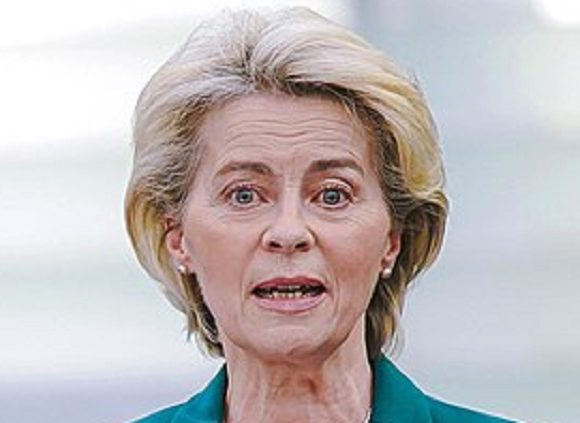
IMF Sets 11 New Conditions for Pakistan Bailout
The International Monetary Fund (IMF) has imposed 11 new conditions on Pakistan as part of its ongoing bailout program, intensifying pressure on the country’s struggling economy. The move comes amid heightened regional tensions with India, which the IMF now cites as a significant risk to the sustainability of the bailout package.
IMF Tightens Control Over Pakistan’s Economic Plan
The IMF has raised its total number of structural conditions for Pakistan to 50, marking one of the most stringent oversight regimes imposed by the global lender in recent times. These additional reforms are required for Pakistan to continue receiving financial assistance under the $3 billion Stand-By Arrangement.
Among the latest directives, Pakistan must secure parliamentary approval for a Rs 17.6 trillion budget by the end of June 2025, aligned precisely with IMF fiscal targets. The IMF has also demanded the immediate implementation of an agricultural income tax at the provincial level, including the establishment of platforms for processing returns and monitoring compliance.
Energy Tariff Hikes and Governance Mandates
One of the more politically sensitive demands involves major changes in Pakistan’s energy pricing. The IMF has instructed Islamabad to rebase electricity tariffs starting July 1, 2025, and implement biannual gas tariff revisions by mid-February 2026. Additionally, it wants the government to remove caps on debt servicing surcharges—measures likely to burden ordinary citizens already facing record inflation.
Another key condition is the publication of a comprehensive Governance Action Plan, based on the IMF’s earlier diagnostic assessment. The document must address public sector vulnerabilities, corruption loopholes, and fiscal mismanagement.
Risks From India-Pakistan Tensions Worry IMF
In an unusually candid warning, the IMF noted that escalating tensions with India pose a threat to the fiscal, external, and reform objectives of the program. The fund emphasized that any prolonged instability or military engagement could derail Pakistan’s economic commitments and recovery trajectory.
The IMF has also directed Pakistan to begin phasing out incentive structures related to Special Technology Zones and industrial parks by 2035. Moreover, the government must introduce legislation lifting restrictions on used car imports older than three years—aimed at boosting market efficiency and customs revenue.
With IMF funds acting as a critical lifeline, Pakistan now faces the dual challenge of implementing tough reforms at home while managing geopolitical uncertainties abroad. The clock is ticking, and the next disbursement depends entirely on how faithfully Islamabad meets these conditions.


















